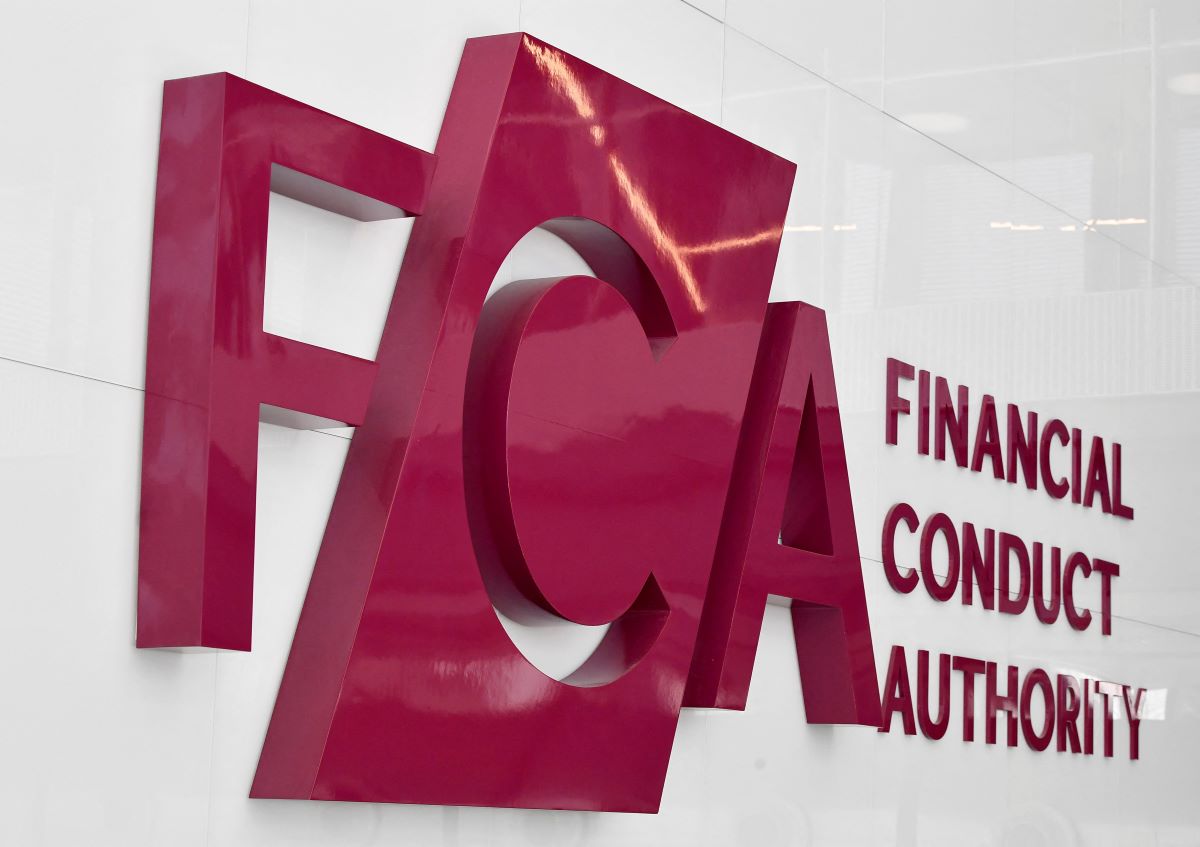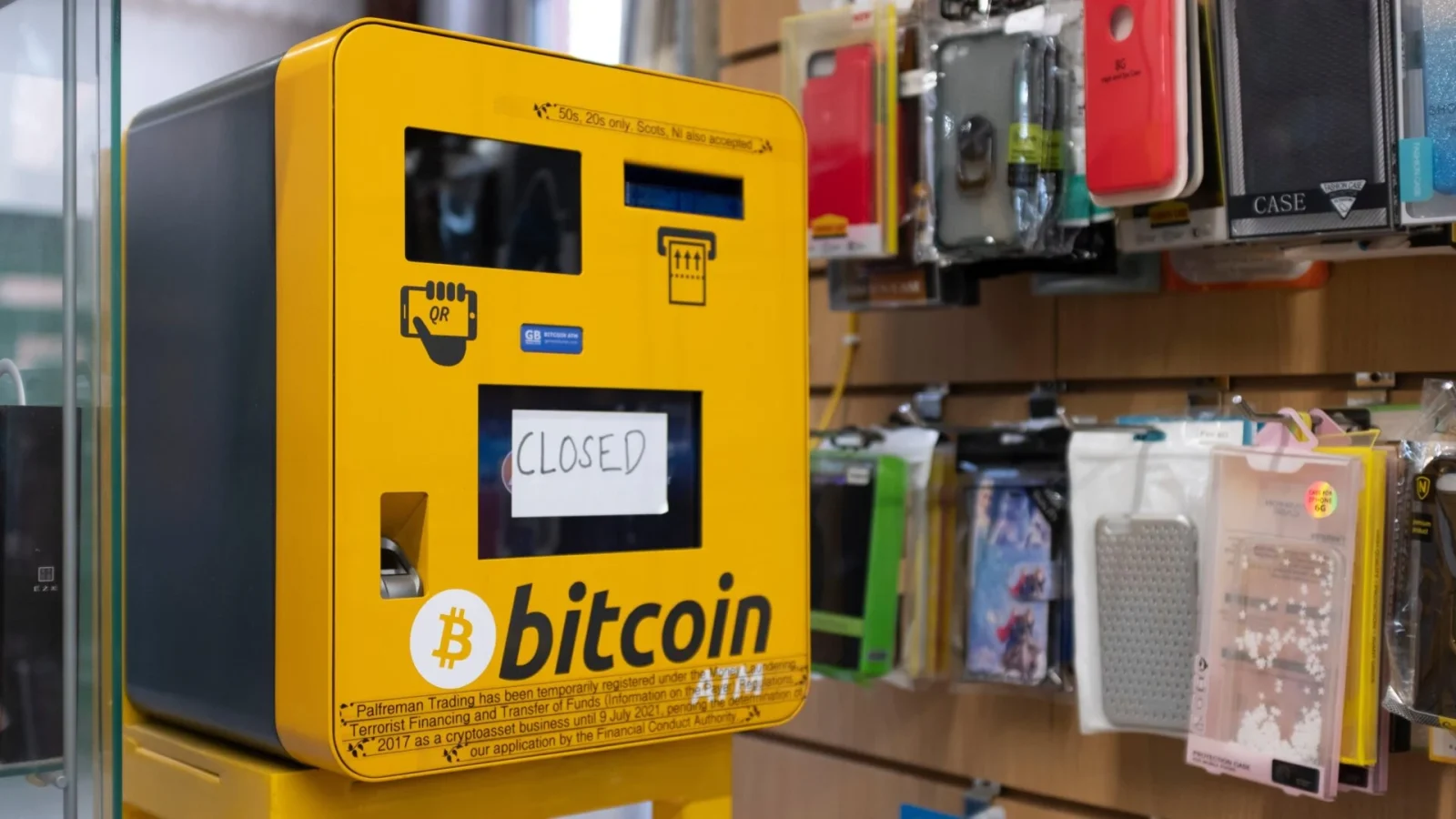The UK’s financial regulator has brought charges against a man for illegally operating a network of cryptocurrency ATMs, marking its first criminal prosecution in connection with an activity frequently linked to money laundering.
On Tuesday, the Financial Conduct Authority (FCA) charged Olumide Osunkoya, a 45-year-old London resident, for allegedly running multiple unregistered crypto ATMs.
Crypto ATMs allow users to exchange traditional currency for cryptocurrency, functioning similarly to conventional bank ATMs. These machines accept cash, convert it into cryptocurrencies like bitcoin, and send the digital assets to the user’s crypto wallet.
Global authorities have been targeting these machines due to their potential use in money laundering, offering limited traceability regarding the source and destination of funds. Operators of these machines typically earn fees from the transactions.
According to the FCA, Osunkoya’s machines processed £2.6 million in cryptocurrency transactions across various locations between December 2021 and September 2023.
Therese Chambers, the FCA’s joint executive director of enforcement and market oversight, emphasized that using crypto ATMs amounts to “handing your money directly to criminals.”
She further stated that the regulator’s action demonstrates its resolve to shut down illegal operations: “If you’re illegally operating a crypto ATM, we will stop you.”
Currently, no legal crypto ATM operators exist in the UK, the FCA noted, adding that the prosecution of Osunkoya is the first criminal case it has initiated under money laundering regulations.

Bitcoin, which reached an all-time high of $73,000 in March this year, has since dropped to about $57,000. Despite this decline, the number of crypto ATMs continues to rise.
Data from AltIndex showed that more than 37,500 such machines were in operation globally as of May this year, providing users with an alternative means of accessing cryptocurrency outside of traditional, regulated banking systems.
Crypto companies in the UK are required to register with the FCA, which evaluates them based on anti-money laundering rules and other regulations.
In its most recent annual report, the FCA revealed that it had rejected 87% of the applications from crypto asset companies seeking approval for their anti-money laundering measures.
The regulator also issued 450 consumer alerts within three months of tightening rules on misleading marketing by crypto asset promoters.
The FCA further disclosed that Osunkoya had previously been a director of Gidiplus Ltd, whose registration application was denied by the regulator in 2021.
Osunkoya is being charged with two counts under money laundering and terrorist financing regulations, two counts related to forged documents allegedly created and used in his operations, and one count of possessing criminal property linked to suspected proceeds from his crypto ATM business.
He is scheduled to appear in Westminster Magistrates’ Court at the end of the month. Attempts to contact Osunkoya via LinkedIn for comment have not yet received a response.







Leave a Reply